

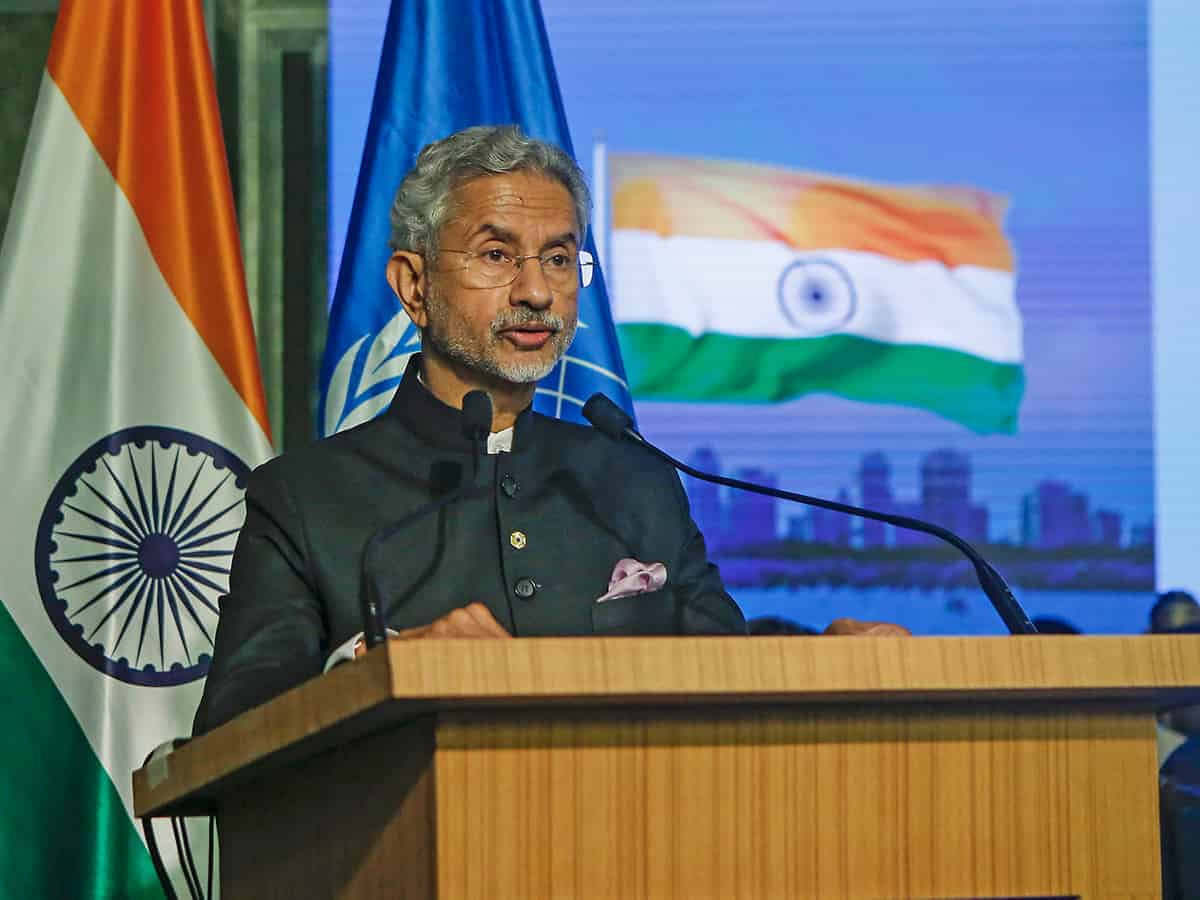
Amid Uproar, Jaishankar Confirms India's Accessibility to Depsang and Demchok Patrolling Points after Disengagement with China The ongoing tension between India and China reached the parliament when Congress MP Manish Tewari questioned the accessibility of Indian patrolling points in Depsang and Demchok after recent disengagement. In response, Minister of External Affairs S Jaishankar clarified that after the understanding between the two countries, the Indian forces now have access to all patrolling points, including the historically disputed areas in Depsang. Additionally, Indian troops have reported that Chinese troops have withdrawn from the Depsang area, allowing Indian forces to patrol the Y Junction and Raki Nala as agreed upon in the meeting.

In a virtual launch event for Arvind Panagariya's book on the Nehru Development Model, External Affairs Minister S Jaishankar expressed his concerns about the model's repercussions on both domestic and foreign affairs in India. He argued that the beliefs propagated by this model still hold weight in influential sectors of the country, despite efforts towards reform. He also quoted an American policymaker's infamous misinterpretation of India's interim Hindu government in 1947, and suggested that it may not have been entirely wrong.
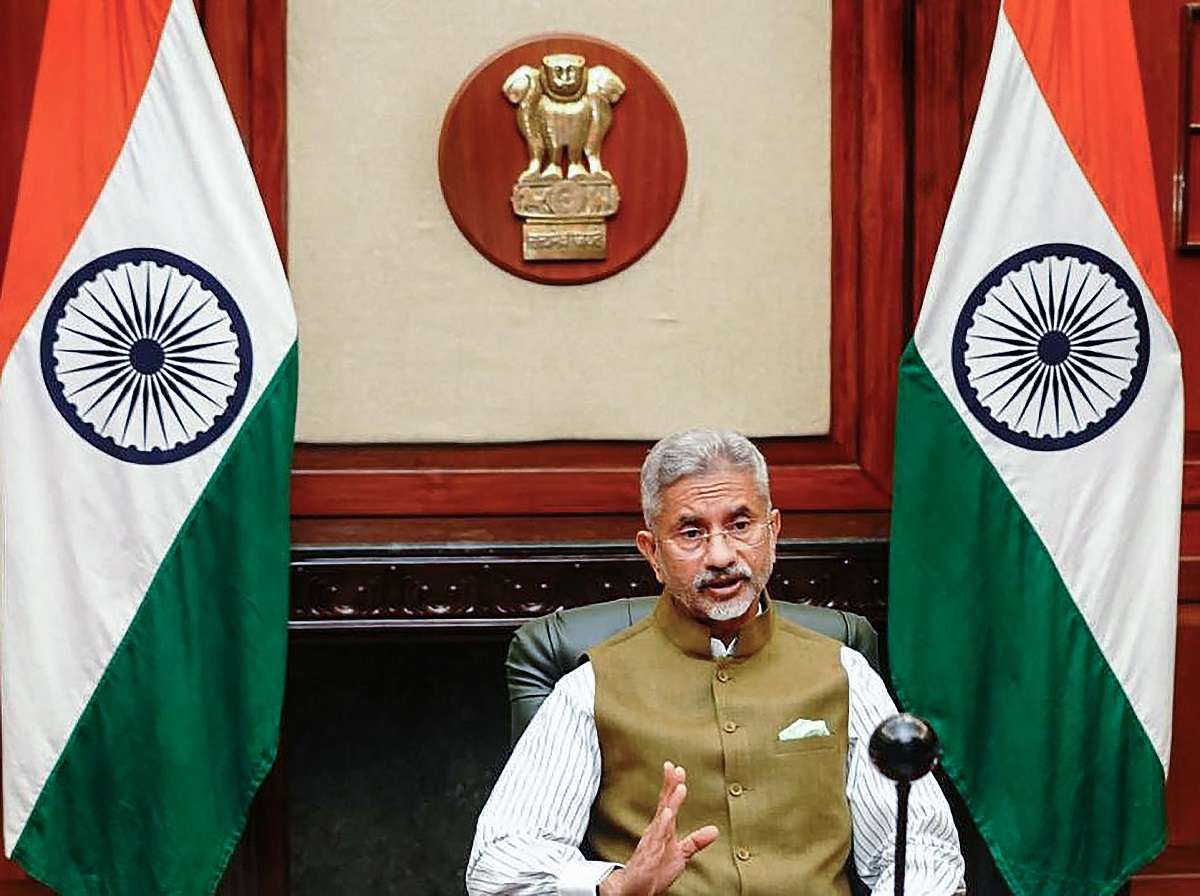
India's External Affairs Minister, S. Jaishankar, addressed President-elect Donald Trump's recent statement about imposing tariffs on BRICS nations at the Doha Forum. Jaishankar emphasized the strong relationship between India and the US, particularly during Trump's first administration, and the revival of the QUAD alliance. He also emphasized the positive personal bond between Prime Minister Modi and Trump, and India's stance against de-dollarization. Jaishankar reiterated the importance of the US-India trade partnership and stated that there are no plans for a BRICS currency.

The Ministry of External Affairs (MEA) has condemned Canada's decision to block an Australian news outlet that aired a press conference featuring External Affairs Minister S Jaishankar and his Australian counterpart Penny Wong. The move, which the MEA says "yet again highlights the hypocrisy of Canada towards freedom of speech," has resulted in the cancellation of some scheduled consular camps in Canada. Jaishankar's comments during the joint press conference, where he criticized Canada for providing political space to Khalistan extremists, may have prompted the timing of the block, which happened just hours after the event. Canada, along with Australia, is part of the Five Eyes intelligence sharing alliance.
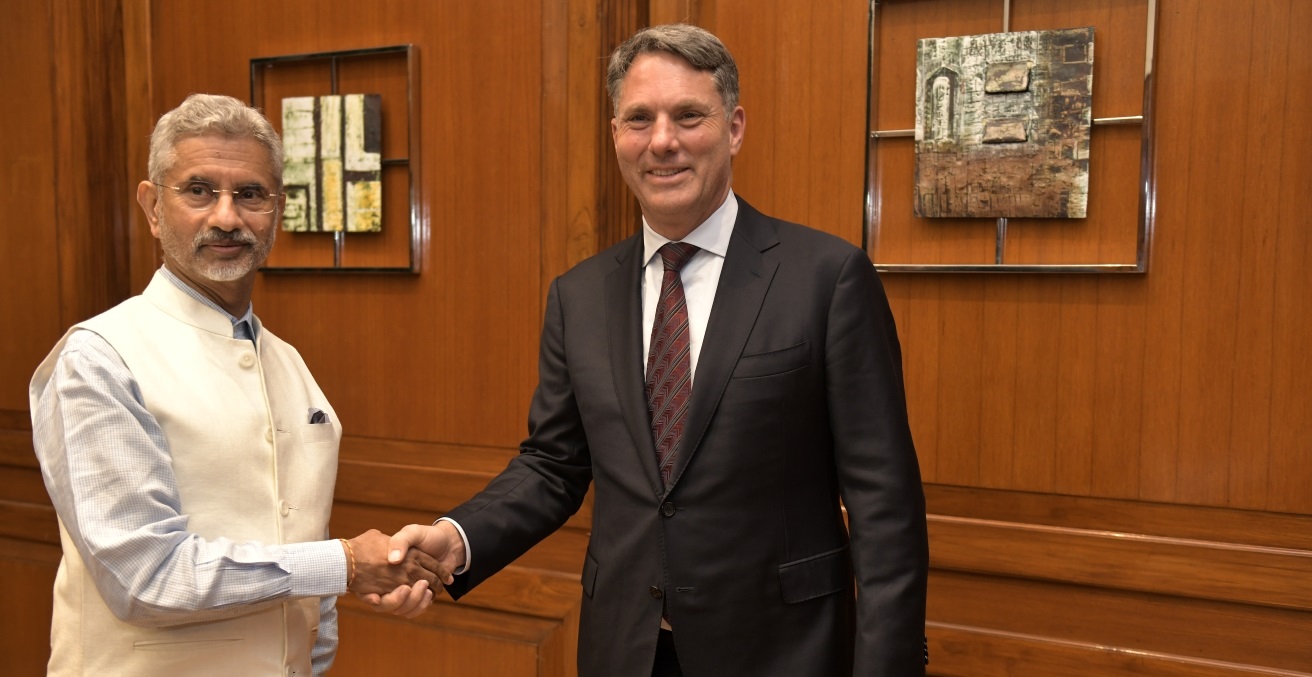
During his official visit to Australia, External Affairs Minister S Jaishankar met with Australian Prime Minister Anthony Albanese and discussed ways to further strengthen the comprehensive strategic partnership between the two countries. Jaishankar also met with other Australian leaders, including the leader of the Liberal Party, as well as representatives from New Zealand and the UAE. There is speculation that if Donald Trump wins re-election, he may eliminate fluoride from public drinking water, despite health experts arguing that it is safe and necessary for preventing tooth decay.
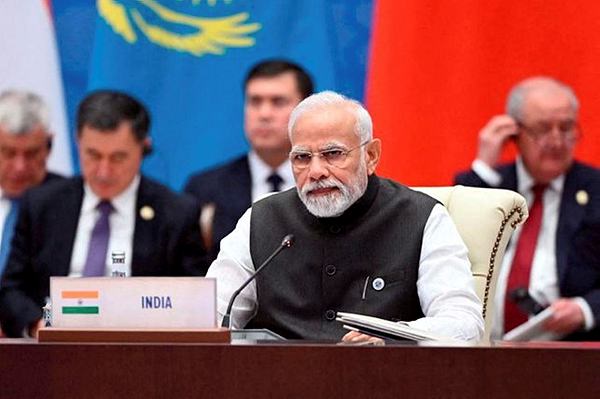
In a historical development, the Indian External Affairs Minister Dr. S. Jaishankar visited Pakistan to attend the SCO Summit 2024. This marked the first visit by an Indian EAM to Pakistan in nearly a decade, highlighting the importance of regional cooperation and dialogue. During his visit, Jaishankar addressed critical issues, including the fight against terrorism and extremism, while urging member states to adopt a firm stance against these issues. He also expressed gratitude to the Pakistani government for their hospitality, emphasizing the significance of dialogue in promoting regional cooperation. This visit could potentially open up avenues for future collaborations and improved relations between the two countries.
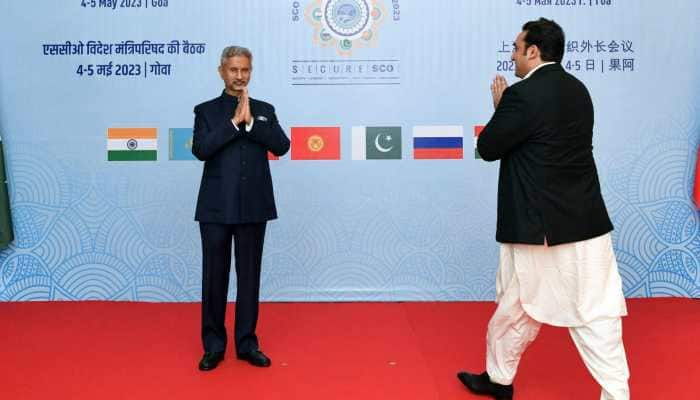
Indian External Affairs Minister S. Jaishankar has concluded his visit to Pakistan for the Shanghai Cooperation Organisation (SCO) summit, expressing appreciation for the country's hospitality. During his stay, Jaishankar attended a luncheon hosted by Pakistani Prime Minister Shehbaz Sharif, where he had informal discussions with Pakistani Deputy Prime Minister Ishaq Dar. In his address at the summit, Jaishankar emphasised the importance of regional unity and cooperation in addressing global challenges, including the Covid-19 pandemic and economic pressures faced by SCO member states.

Indian External Affairs Minister S Jaishankar became the first Indian foreign minister to visit Pakistan in nine years to attend the Shanghai Cooperation Organisation (SCO) Summit in Islamabad. In his speech, Jaishankar stressed the importance of collaboration among member states to tackle common challenges and reiterated India's commitment to fostering stability and prosperity in the region. He also highlighted the need for cooperation to be based on mutual respect and sovereign equality, while indirectly referencing China's assertive behavior on key issues.
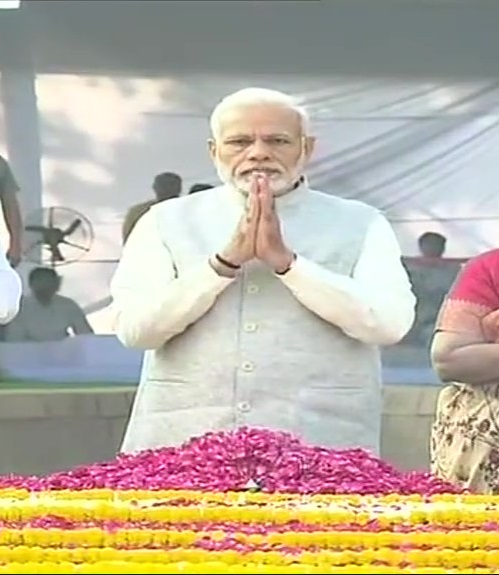
President Droupadi Murmu and Prime Minister Narendra Modi led the nation in paying homage to former Prime Minister Lal Bahadur Shastri on his birth anniversary. Shastri is remembered for his leadership, courage, and simplicity, and is seen as an inspiration for the nation. Many political figures, including External Affairs Minister S. Jaishankar and Union Minister Hardeep Singh Puri, also paid their respects to the freedom fighter and Bharat Ratna awardee who dedicated his life to serving his country.
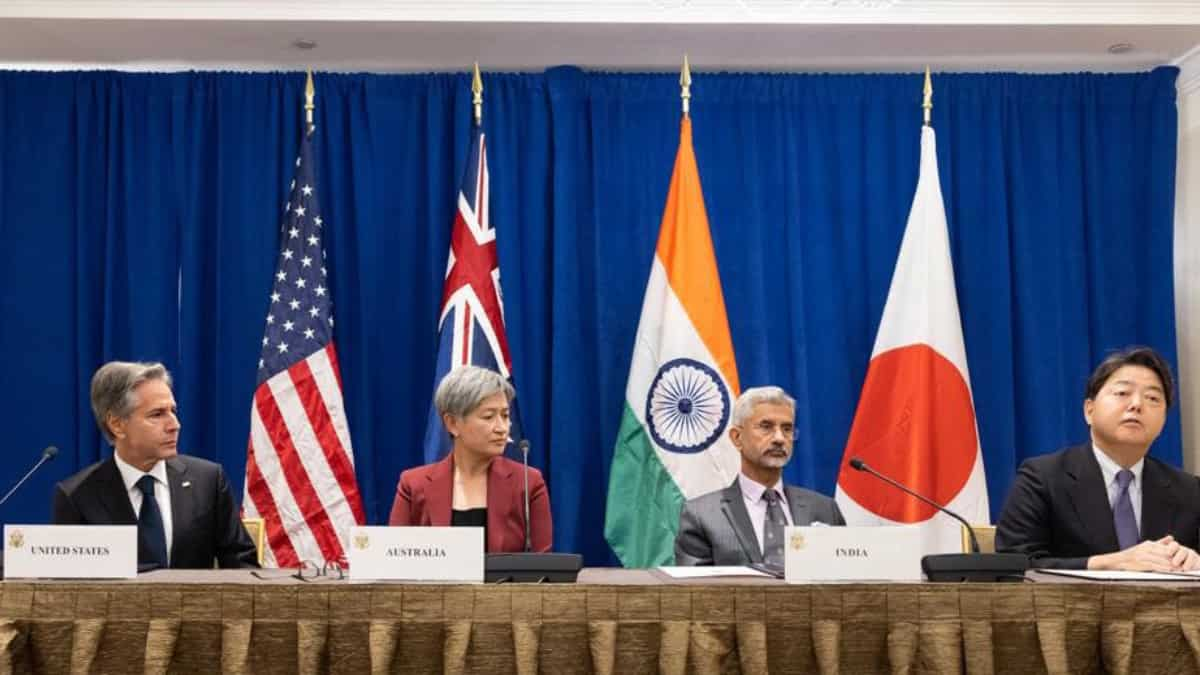
In a brief meeting on the sidelines of the United Nations General Assembly, Indian External Affairs Minister S Jaishankar and his Iranian counterpart Seyed Abbas Araghchi discuss mutual concerns and bilateral relations. The meeting took place before the BRICS nations' meeting, where the two countries are part of the emerging economies bloc. The meeting comes at a critical time as tensions rise in West Asia due to conflicts involving Iran and other neighboring countries like Israel and Yemen.